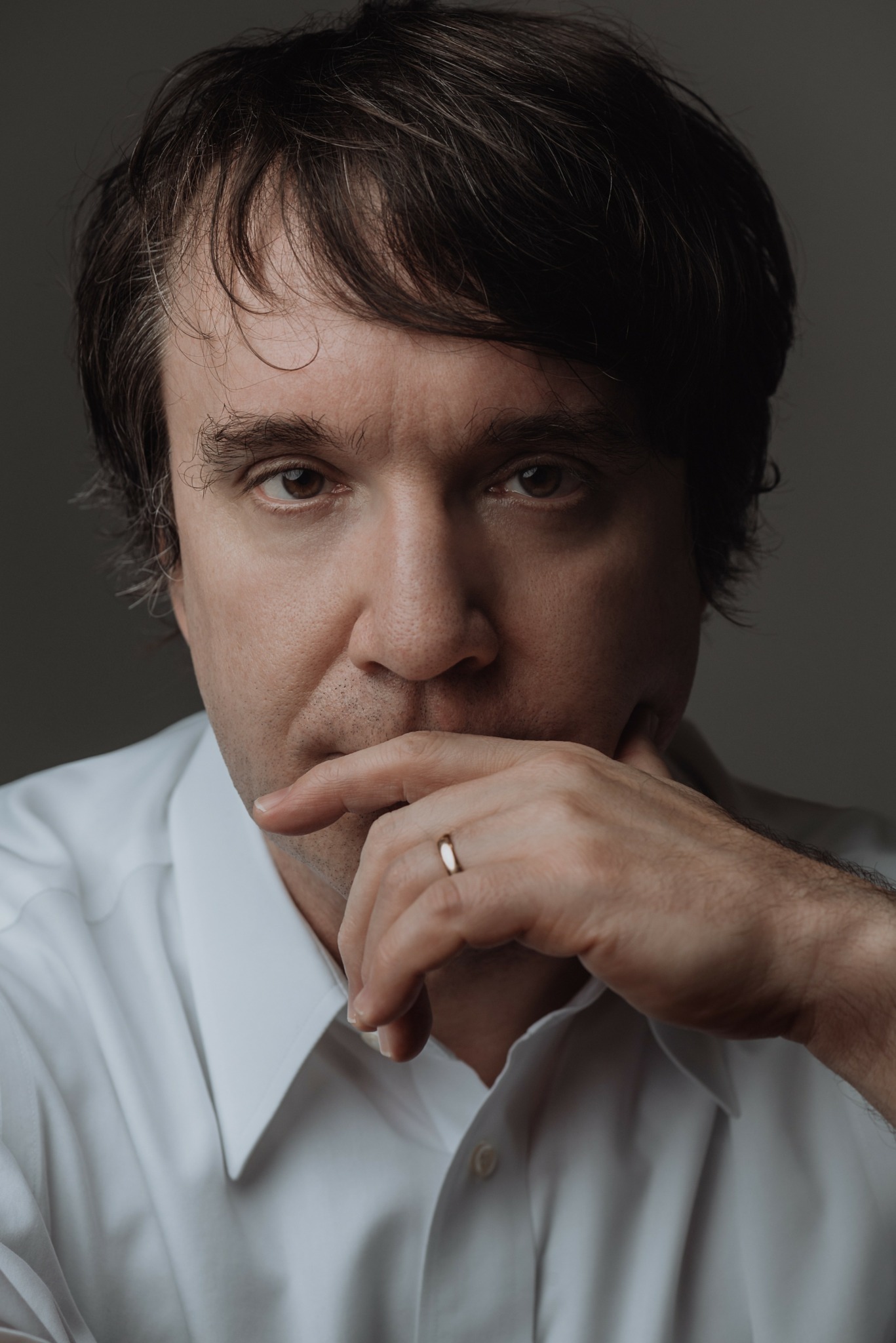We’re excited to introduce you to the always interesting and insightful Chris Becker. We hope you’ll enjoy our conversation with Chris below.
Hi Chris, thanks for joining us today. Can you talk to us about a project that’s meant a lot to you?
Back in 2020, during the months of the COVID-19 pandemic lockdown, while doing some deep cleaning of our house, I came across several string quartet arrangements I created back in the 1990s when I lived in New Orleans. Seeing all of the charts again (and remembering how much work I put into them!) inspired me to create an instrumental arrangement of David Bowie’s iconic song “Heroes” for string quartet. I did this simply to get familiar again with string writing and push myself to create something that expounded upon the music, rather than just a “jukebox” rendition of a familiar tune. I finished the arrangement, and on impulse, shared a MIDI version of it with my friend and former Principal dancer with the Martha Graham Dance Company, Blakeley White-McGuire. Blakeley loved what she heard and immediately asked if she could choreograph a dance to my arrangement to be performed with a live string quartet in the summer of 2021. That performance, featuring members of Axelrod Contemporary Ballet and a quartet of stellar classical musicians, set me on a course to continue exploring chamber music as part of my compositional palette, especially when creating music for dance.
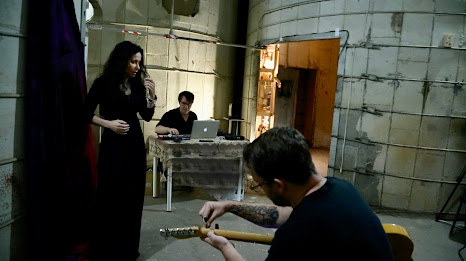
Great, appreciate you sharing that with us. Before we ask you to share more of your insights, can you take a moment to introduce yourself and how you got to where you are today to our readers.
I am a Houston-based composer and writer. Collaboration, especially collaboration with artists in mediums other than music, is key to my practice. I studied music theory, composition, and piano at Capital University’s Conservatory of Music in Bexley, Ohio. I was lucky to have landed at the Capital when the faculty included several stellar jazz musicians, and teachers in the classical realm who were receptive to what were then recent developments in contemporary music, including minimalism, and advancements in MIDI technology. While at Capital, I made it a point to attend student dance performances at nearby Ohio State University and began collaborating with student choreographers.
I describe my music as being equally inspired by rock and roll language, avant-garde jazz, dub compositional strategies, and musique concrète. I have composed music for dance, film, and mixed-media installations and received grants and awards from the Louisiana Division of the Arts, Meet The Composer, New Music USA, the Houston Arts Alliance, and the American Society of Composers and Publishers. My music for dance includes the score for choreographer Rachel Cohen’s evening-length work “If The Shoe Fits (2005),” which was named one of the best dance performances of 2005 by New York Times dance critic John Rockwell. Rachel is a longtime creative collaborator, and we recently presented a new work titled “Assemblage” in Brooklyn, NY, and Houston, TX.
I also write about music and visual art for a variety of print and online platforms. I am the author of the critically acclaimed book “Freedom of Expression: Interviews With Women in Jazz,” a collection of in-depth interviews with 37 female musicians representing nearly every style of jazz one can imagine, and one of the contributors to “Punk Ethnography: Artists & Scholars Listen to Sublime Frequencies (Wesleyan University Press).”
I very purposefully try to work in areas where I’m not 100 percent comfortable, where the end product, be it a work for live music and dance, or an essay for an art museum catalog, isn’t so certain. I love the process of making things, but I’m also very good with deadlines and balancing my creative vision (and obsessions!) with that of my collaborators.
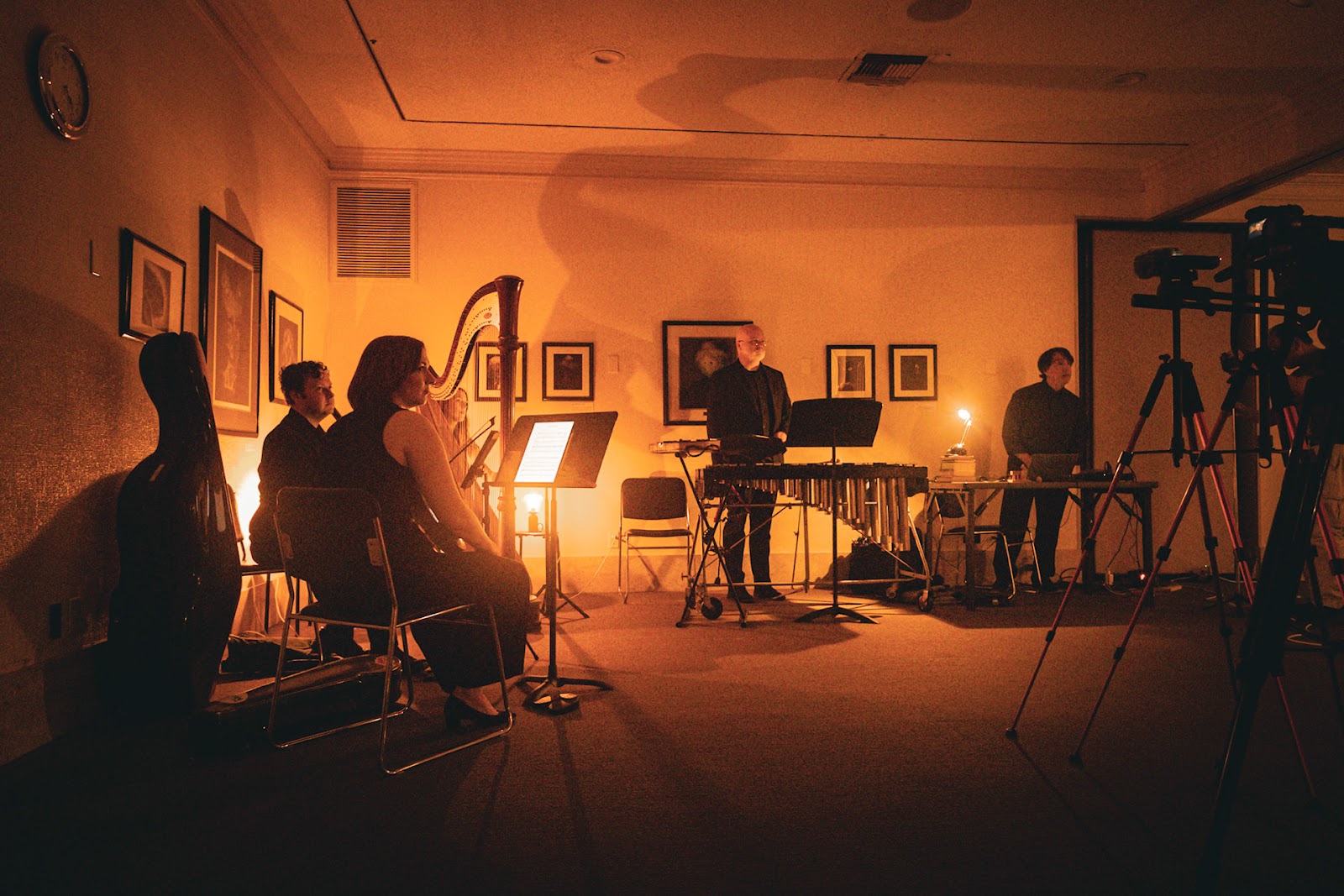
What’s the most rewarding aspect of being a creative in your experience?
I don’t compose or write with a reward in mind; I am compelled to create in part because I consider my ability to compose and write as gifts that need to be nurtured. Nurturing is work, but it’s work that feels like shaking hands with the divine, and when I’m in that exalted zone, I’m tapping into something outside of myself. As grueling as it may be, the work is its own reward, even if it is tedious, and involves, for instance, working on a single measure of music for several hours.
Speaking as a composer and a writer, the listening audience and/or reader completes the process of creation. I can’t anticipate how a listener will react to my music, but there are times when I could feel, in a live performance, that we had the audience in the palm of our hand. How we get to that is something I can’t explain, although I do know it involves, yes, you guessed it, work! You put in the time, and you have a better chance at experiencing the reward of sharing a transcendental experience with your listeners or readership.
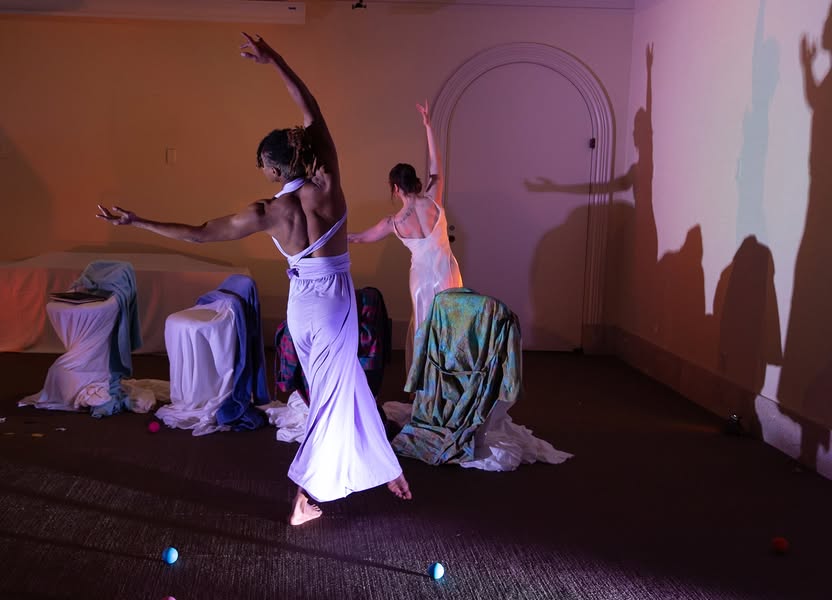
Have any books or other resources had a big impact on you?
I’ll flag Twyla Tharp’s book, “The Collaborative Habit: Life Lessons for Working Together.” I’m not sure if this was her intention, but for me, the book is enlightening for Tharp’s first-hand, detailed, behind-the-scenes descriptions of challenges she’s experienced when collaborating with composers, other choreographers, dance companies, and presenting organizations. (The chapter about her collaboration with Elvis Costello is jaw-dropping.) Here and there, she offers some pithy directives for sustaining healthy collaborations and dealing with the unexpected, and some of those bits I’ve taken to heart. (“Pretend nothing ever went wrong” is a good one.) But again, for me, the book is a good reminder of how difficult it is to pull this stuff off, and how the “reward” of your creative endeavors can be bittersweet. (My thoroughly dog-eared copy is filled with post-its, marking pages, and specific passages I often return to.)
Julia Cameron’s classic “The Artist’s Way” is another book I return to when I feel I need to recalibrate and remind myself of the value of creativity.
And speaking of “rewards” and value, Lewis Hyde’s “The Gift: How the Creative Spirit Transforms the World” is a deep dive into how our culture, governed by the marketplace, is ill-equipped to determine the worth, monetary or otherwise, of an artist’s work. Hyde writes, “Even if we have paid a fee at the door of the museum or concert hall, when we are touched by a work of art, something comes to us that has nothing to do with the price.” That “something” is what holds the world together, but how the artist might navigate such a world, and the very real need to pay the bills, is what Hyde seeks to unpack in this book.
Contact Info:
- Website: https://beckermusic.blogspot.com/
- Youtube: https://www.youtube.com/@beckermusic
- Other: https://beckeresque.bandcamp.com/music
https://beckeresque.substack.com/
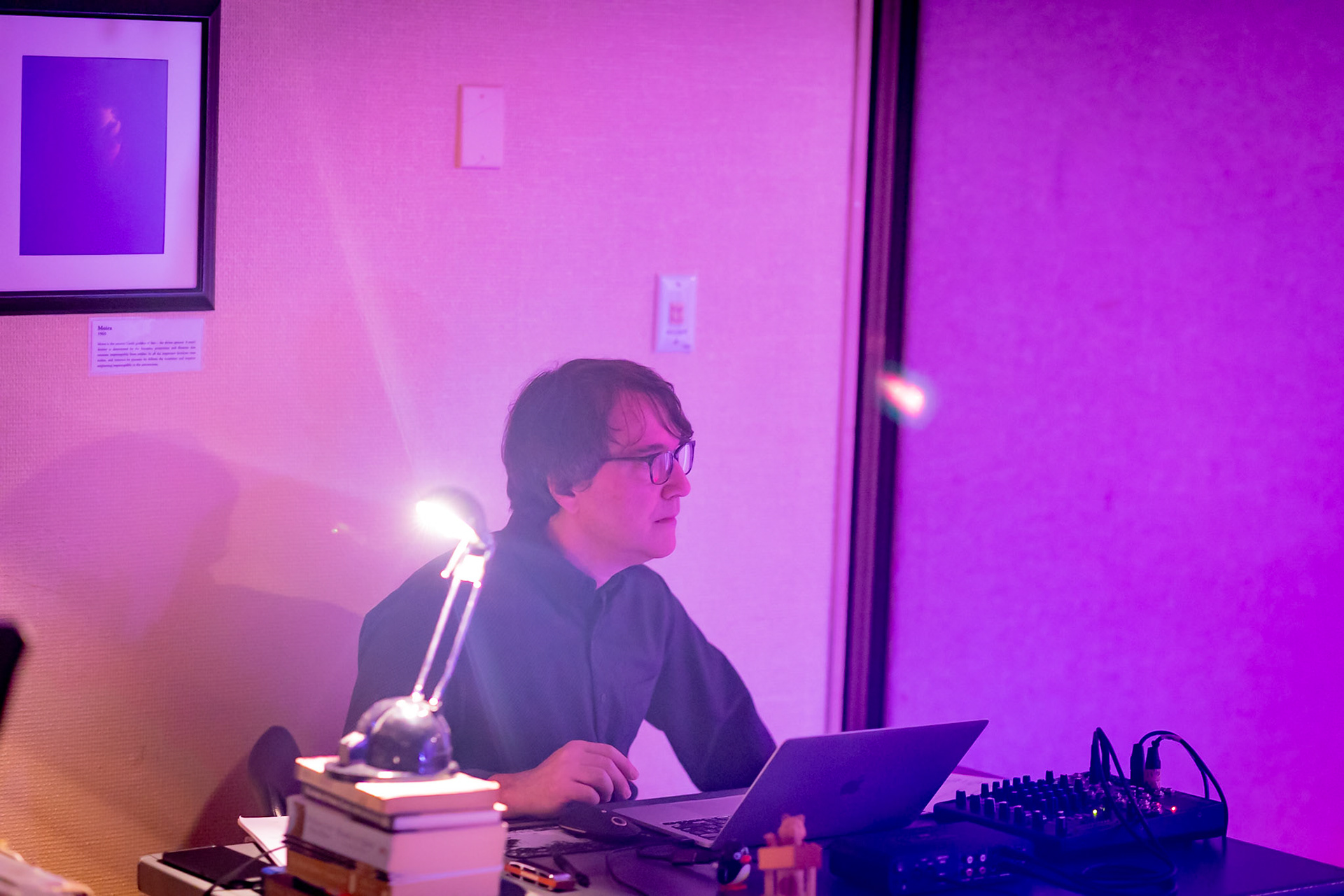
Image Credits
Jhane Hoang
Andrew and Stephanie Lienhard
Dave Nickerson


